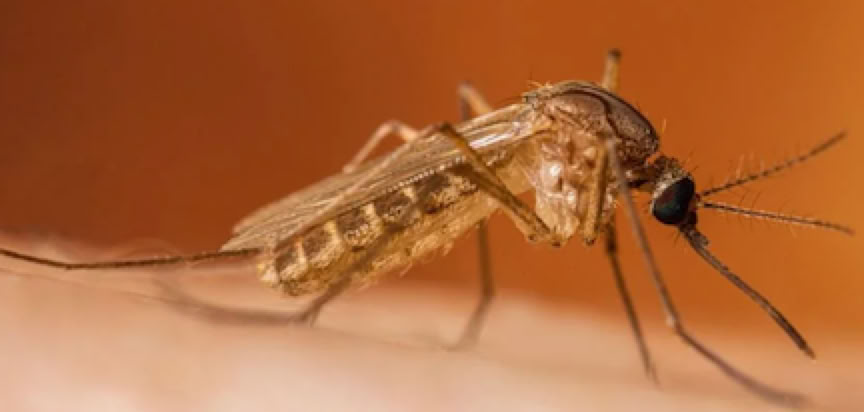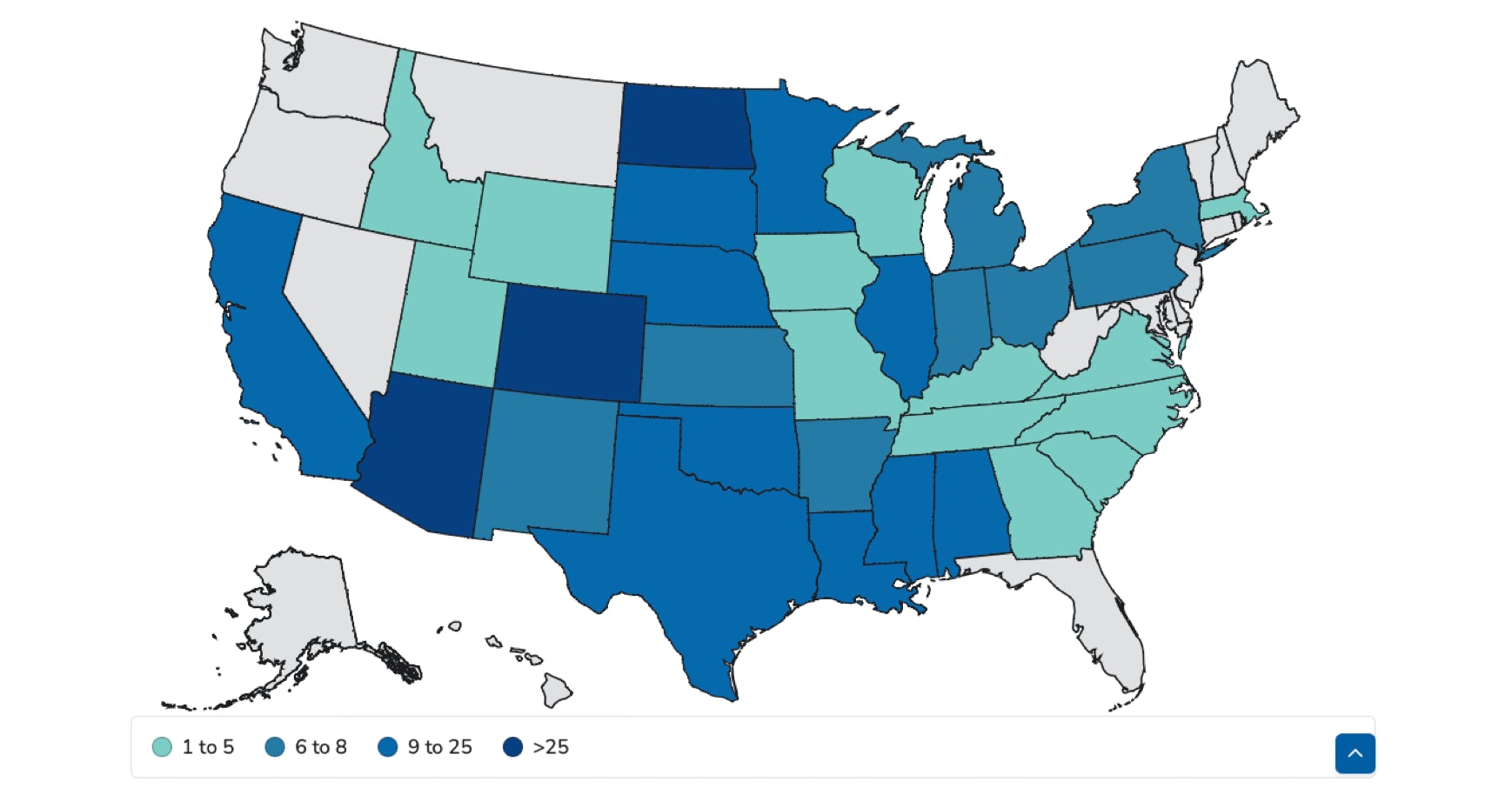Portal, AZ - Rodeo, NM
Serving The Communities Of Portal and Rodeo (www.portal-rodeo.com)
Serving The Communities Of Portal and Rodeo (www.portal-rodeo.com)
Template

West Nile Virus
West Nile Virus Detected In Douglas Mosquito Surveillance.

DOUGLAS — Cochise County health officials say mosquito surveillance has detected West Nile virus in a mosquito pool in Douglas, marking the first confirmed presence of the virus in the area this season.
The Cochise County Environmental Health Division, working with ArboScientific, identified the positive mosquito pool during routine surveillance operations. West Nile virus transmits to humans and horses through bites from infected female Culex mosquitoes, according to county officials.
Symptoms typically appear two to six days after infection and range from headache, weakness and muscle pain to severe complications including paralysis, coma and death. Children, elderly residents and immunocompromised individuals face higher risk, the county says.
Health officials recommend using EPA-approved mosquito repellent and eliminating standing water in containers like tires, pots and water bowls to prevent mosquito breeding.
Cochise County Health and Social Services is coordinating with the City of Douglas to address the situation. Officials say they will provide regular updates as surveillance continues throughout the region.
KEY POINTS
• West Nile virus is most commonly spread through the bite of an infected mosquito.
• Symptoms include fever, headache, body aches, vomiting, diarrhea, or rash. Severe illness can affect the central nervous symptom or result in hospitalization or death.
• No licensed vaccines to prevent or medicines are available to treat West Nile virus disease (West Nile) in people.
HOW IT SPREADS
• West Nile virus circulates in the environment between mosquitoes (primarily Culex species) and birds.
• People become infected with the virus when mosquitoes feed on infected birds and then bite people.
• People are considered dead-end hosts because unlike birds, they do not develop high enough levels of virus in their bloodstream and cannot pass the virus on to other biting mosquitoes.
• The virus is rarely transmitted from person-to-person by blood transfusion, organ transplantation, and mother to baby, during pregnancy, delivery, or breastfeeding.
• Because the virus can be transmitted through blood and organ transplantation, people who were recently diagnosed with West Nile virus infection should not donate blood or bone marrow for 120 days following infection.
• Protect yourself and loved ones from West Nile by preventing mosquito bites.
PREVENTING WEST NILE
There are no vaccines or medicines to prevent West Nile virus disease (West Nile).
• The best way to prevent West Nile is to protect yourself from mosquito bites.
SYMPTOMS
Most people infected with West Nile virus do not develop any symptoms.
Mild illness
Some people develop mild illness with flu-like symptoms, such as fever with headache or body aches, joint pain, vomiting, diarrhea, or rash. Most people with mild illness recover completely, but fatigue and weakness can last for weeks or months.
Severe illness
When to see a doctor
Seek immediate medical attention if you experience high fever, neck stiffness, muscle weakness, confusion, or tremors.
Some people develop severe illness, which can affect the central nervous system or illness that results in hospitalization or death. Symptoms can include high fever, headache, neck stiffness, stupor, disorientation, coma, tremors, convulsions, muscle weakness, vision loss, numbness, or paralysis.
Recovery from severe illness can take several weeks or months. Some effects may be permanent.
West Nile Virus Human Disease Cases Reported By State Of Residence, 2025
